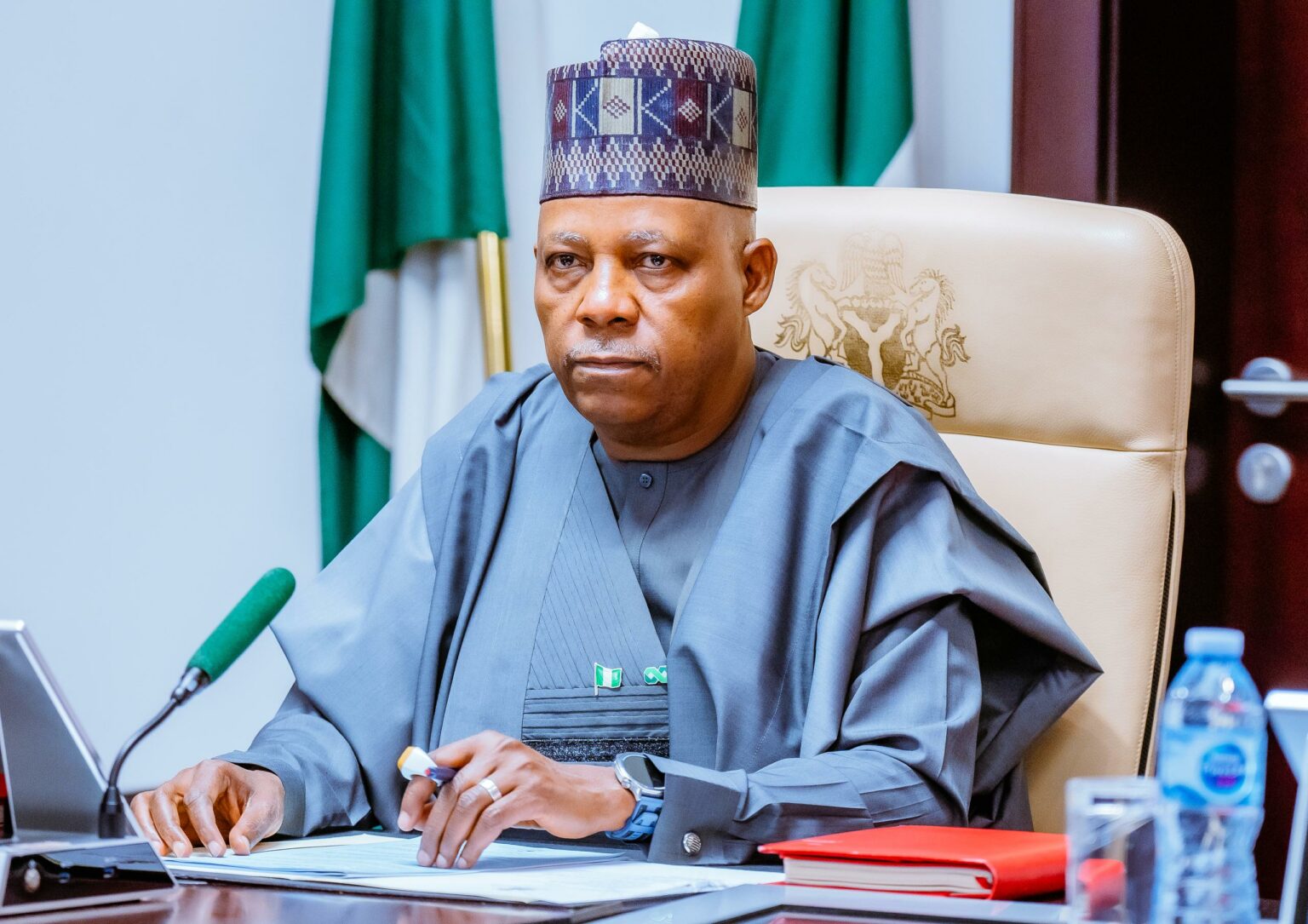
Some teachers and parents have faulted the Federal Government over the sudden introduction of the new national curriculum, warning that schools are ill-prepared for its immediate implementation.
The concerns were raised on Sunday during a virtual meeting tagged “Understanding the New Curriculum”, organised by the Concerned Parents and Educators Network (CPE).
Child Protection and Education Advocate, Taiwo Akinlami, described the rollout process as exclusionary, saying critical voices were sidelined.
“If you are rolling out a new curriculum, stakeholders such as private school associations, parents, teachers and even children must be part of the process. Instead, what we saw was a sudden announcement, leaving even those in the school system learning about it at the same time as the general public,” he said.
Akinlami noted that Lagos alone has over 18,000 private schools and 1,700 public schools, yet most operators only became aware of the review when it was announced. He argued that the policy appeared more political than educational, stressing that infrastructure gaps, particularly in ICT and agriculture, posed major hurdles.
“Government schools already struggling with resources will not cope, while private schools will face rising costs without being allowed to adjust fees,” he warned.
Parents also questioned how the reform would address the plight of over 20 million out-of-school children, asking whether new classrooms or alternative learning pathways were being developed.
On her part, curriculum theorist Rhoda Odigboh acknowledged the reform as a step forward, noting that reducing the number of subjects and introducing digital literacy, trade skills, and citizenship studies could ease the burden on students.
“For years, Nigerian children carried up to 20 subjects at senior secondary level. Fewer subjects mean we can finally slow down and support struggling learners. That is real progress,” she said.
However, Odigboh cautioned that the system was not yet equipped to deliver digital literacy effectively, pointing out that 60 per cent of public school teachers lack digital literacy skills, while many others are underqualified.
Similarly, Dr. Salihu Yahaya of the Association of Nigerian Geographers urged professional bodies and private school operators to engage more proactively with the government, rather than waiting until after policies are concluded.
Convener of CPE and CEO of Edumark Consult, Mrs. Yinka Ogunde, expressed optimism about ongoing conversations, stressing the importance of collaboration.
“This discussion shows that teachers, parents and associations have a voice. We must get more involved and hold government accountable,” she said.






